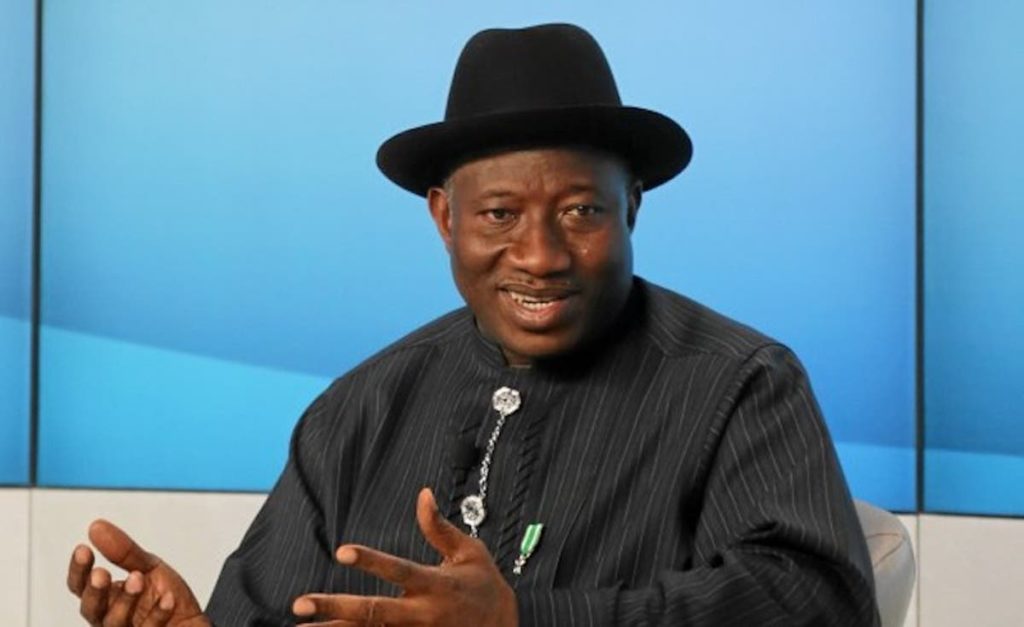Jonathan: How I felt after losing 2015 election
Former President Goodluck Jonathan has shared his insights on the experience of losing the 2015 presidential election. Running under the banner of the Peoples Democratic Party (PDP), Jonathan was defeated by Muhammadu Buhari of the All Progressives Congress (APC), who received 15,424,921 votes compared to his 12,853,162 votes. The election was significant as it marked the first […]

Goodluck Jonathan
Former President Goodluck Jonathan has shared his insights on the experience of losing the 2015 presidential election.
Running under the banner of the Peoples Democratic Party (PDP), Jonathan was defeated by Muhammadu Buhari of the All Progressives Congress (APC), who received 15,424,921 votes compared to his 12,853,162 votes.
The election was significant as it marked the first instance in Nigeria’s history where an incumbent president lost a re-election bid.
Speaking on Friday at the inaugural Raymond Dokpesi Annual Diamond Lecture, Jonathan described it as one of the most challenging moments of his political career.
- NULGE, ALGON beg Kebbi Govt to delay N75k minimum wage payment
- Gov Yusuf shuns court order, insists LG election will hold Saturday
He revealed that upon hearing the election results, he felt a wave of emotion, as though the entire world had turned against him.
The former president also acknowledged the supportive role played by late Raymond Dokpesi, the then Chairman of Daar Communications, prior to his transition of power to Buhari.
He said, “It is not easy to lose an election as a president. You will think the whole world is against you. But then, Dokpesi invited me before I handed over. I remember what he said to me when I lost the election.
“There were so many senior Nigerians (elder statesmen) who spoke. After I listened to all the conversations, he congratulated me and encouraged me to look beyond the election. This is how I commemorated that session.
“That communication gave me hope and helped me not necessarily for the transition hour ahead of me but also in my spiritual life as a private citizen. If you read my book, My Transition Hours, I explain it more elaborately.”
